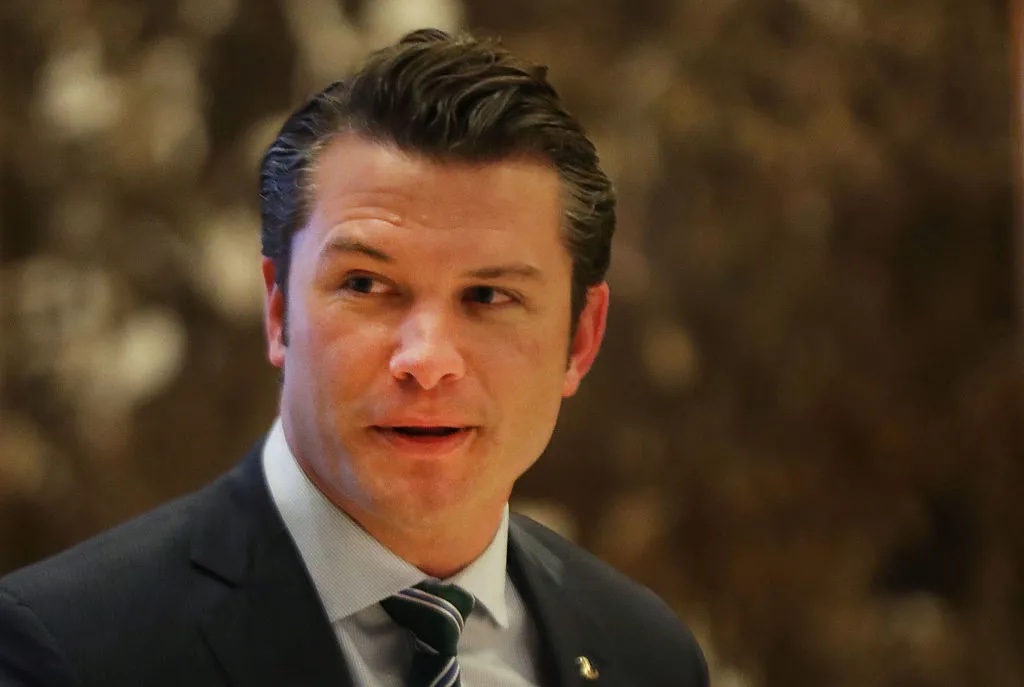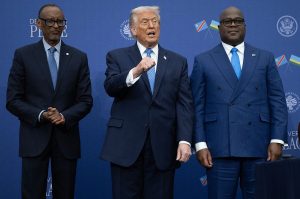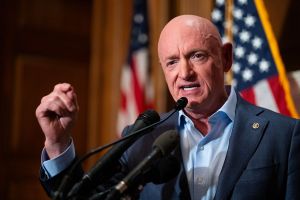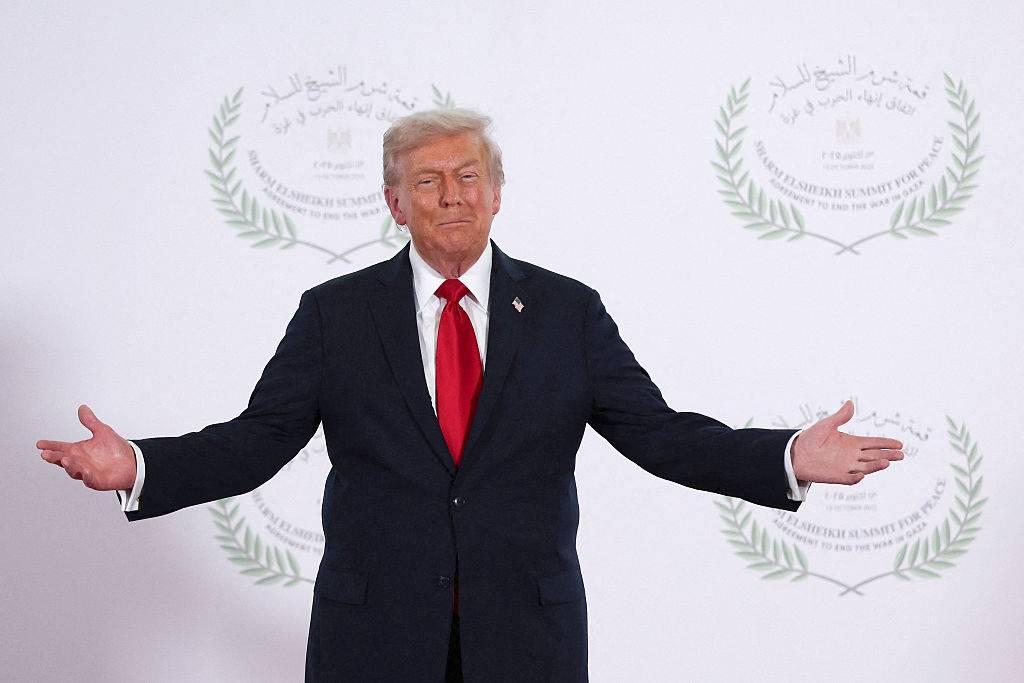As President-elect Donald Trump’s nominations to executive positions gradually emerge, it is difficult to know what to expect next. Elon Musk is set to run the “Department of Government Efficiency” with Vivek Ramaswamy. Governor Kristi Noem of South Dakota, who organized a drugs awareness campaign under the slogan, “Meth. We’re on it” and wrote in her autobiography of shooting dead her badly behaved wire-haired pointer puppy, is tapped for secretary of homeland security.
Trump’s choice for the critical role of secretary of defense is typically atypical. Pete Hegseth, a forty-four-year-old Minnesotan educated at Princeton and Harvard, is a presenter and commentator for Fox News. He has also worked for two conservative political advocacy groups, Vets for Freedom and Concerned Veterans for America, and began his professional career with a fleeting stint as an equity capital markets analyst at Bear Stearns in the early 2000s. In Washington terms, however, he has no executive or legislative experience.
His supporters point to the fact that Hegseth is a decorated veteran with a distinguished service record in the National Guard. He was deployed to Guantanamo Bay Naval Base as an infantry platoon leader in 2004, saw active duty in Iraq and was a senior instructor at the Counterinsurgency Training Center in Kabul. During his tour of Baghdad and Samarra, he was awarded the Bronze Star Medal, for “heroic or meritorious achievement or service,” and the Combat Infantryman Badge, and left the army as a major in 2021.
No one should dispute or diminish Hegseth’s creditable eighteen-year career as a reservist. It cannot be compared, though, to the military experience of recent secretaries of defense like James Mattis, a Marine Corps general who had headed Central Command and led a combat division in the invasion of Iraq, or the incumbent, Lloyd Austin, a four-star general in the Army who succeeded Mattis at Central Command and was previously vice chief of staff.
The secretary of defense is not chosen on the basis of military leadership or combat experience: his role is to provide civilian direction of the Pentagon, a sprawling department with a budget of $850 billion and 750,000 civilian employees as well as the 2 million active and reserve military personnel. Indeed, the National Security Act of 1947 stipulates that no one may serve as secretary of defense within seven years of active military service in order to reinforce the principle of civilian control of the armed forces. Both Mattis and Lloyd required congressional waivers.
The announcement from Trump of Hegseth’s nomination, couched in the usual heavily capitalized machismo of the president-elect’s social media presence, hinted at the reasoning behind his selection.
“Pete has spent his entire life as a Warrior for the Troops, and for the Country. Pete is tough, smart and a true believer in America First. With Pete at the helm, America’s enemies are on notice — Our Military will be Great Again, and America will Never Back Down.”
Hegseth fulfills two essential criteria for Trump. Firstly, he is an enthusiastic and loyal supporter of the president-elect, backing him in 2016 after initially championing first Marco Rubio then Ted Cruz, and becoming a more stalwart follower in the years that have followed. By 2020, the New Republic had dubbed him “Trump’s War Whisperer.”
Second, Hegseth is a brash, blunt, unapologetic opponent of anything which has a whiff of “woke.” On a recent podcast, he criticized the integration of women into all parts of the armed forces.
“I’m straight up just saying, we should not have women in combat roles. It hasn’t made us more effective, hasn’t made us more lethal, has made fighting more complicated.”
He also promoted the suspicion that progressive liberal views have seeped into every part of American life with corrosive effect.
“Woke shit has got to go. Either you’re in for warfighting and that’s it, that’s the only litmus test we care about. You’ve got to get DEI and CRT out of military academies so you’re not training young officers to be baptized in this type of thinking.”
Hegseth’s nomination has taken many by surprise, even Republicans in Congress. Senator Todd Young of Indiana said carefully “I just don’t know much about his background and his vision. I look forward to learning more.” Senator Thom Tillis of North Carolina was more guarded still — Interesting” — while Senator Lisa Murkowski of Alaska managed “Wow.”
It is hard to assess Hegseth’s views on relations with China, the posture and footprint of America’s armed forces, security partnerships with other countries or the size and breakdown of the Pentagon’s budget. In a sense, though, they do not really matter. Trump has selected a loyalist with verbal swagger and a polished media presence. According to one source quoted by CNN, the president-elect also “thinks he has the look.”
That may be the most eloquent summation of Trump’s thought process. Hegseth is his chosen mannequin for military matters. We should not look for a deeper rationale than that. But it is a dangerous way to assemble an administration.
This article was originally published on The Spectator’s UK website.

























